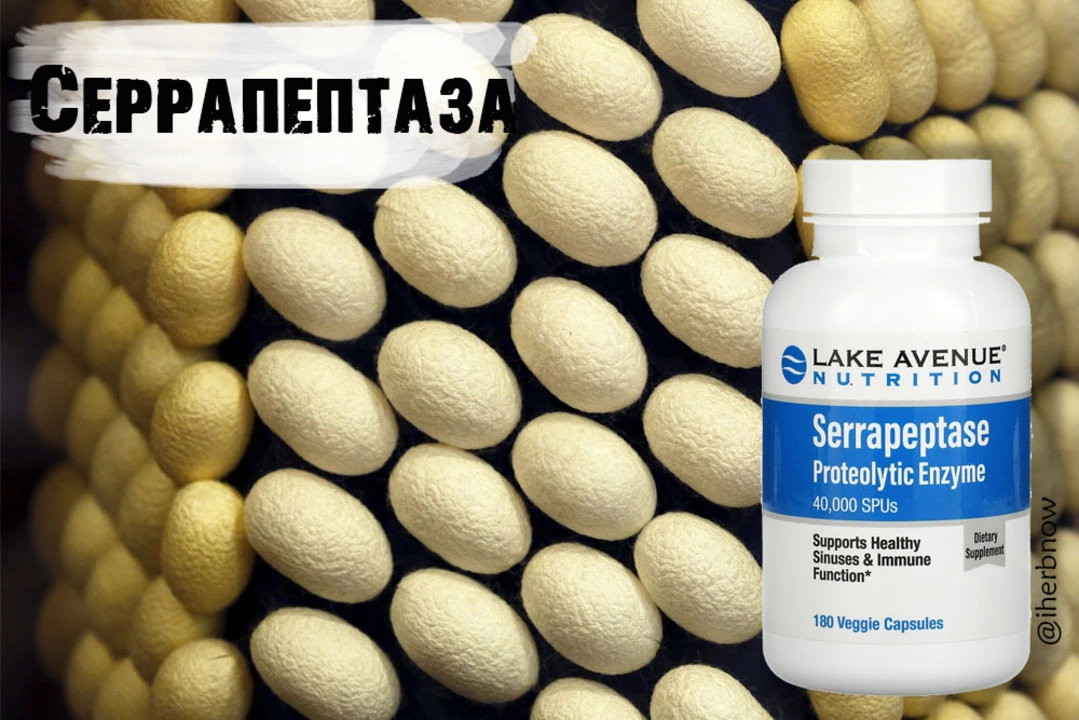Inflammation: How to Spot, Reduce, and Treat It
Inflammation helps you heal after a cut or infection, but when it sticks around it can harm your joints, heart, and energy. Want simple, practical steps to tell the difference and act fast? Read on — no jargon, just useful tips you can use today.
Acute inflammation is short-lived: pain, redness, warmth, swelling and loss of function at the injury site. Chronic inflammation is low-level and silent — fatigue, brain fog, body aches, ongoing digestive problems, or unexplained weight change can be the signs. If you feel off for weeks or months, think chronic inflammation.
When inflammation is serious
Get medical help if you have high fever, severe pain, sudden swelling, red streaks from a wound, breathing trouble, or sudden weakness. Also see a doctor for persistent symptoms that don’t improve after a few weeks. Tests a doctor might order include blood markers (CRP, ESR), basic labs, or imaging to find the cause.
Some causes need specific treatment: bacterial infections often need antibiotics, autoimmune diseases require immune‑modulating drugs, and gout needs different medicines than arthritis. Don’t self-treat a new, severe, or worsening problem without professional advice.
Everyday steps to lower inflammation
Small daily changes add up. Start with diet: swap sugary drinks and ultra-processed snacks for whole foods. Eat fatty fish (salmon, sardines), olive oil, nuts, berries, leafy greens, and whole grains. These foods lower inflammatory markers. Cut back on refined carbs, fried foods, and excess alcohol — they push inflammation up.
Move more. Regular moderate exercise — brisk walking, cycling, or swimming 30 minutes most days — reduces inflammation and boosts mood. Strength training twice a week helps too. Don’t overdo it; excessive intense exercise without recovery can increase inflammation.
Sleep and stress matter. Aim for 7–9 hours per night. Short, regular sleep reduces inflammatory signals. Manage stress with short walks, breathing exercises, or 10 minutes of mindfulness. Even small, daily stress breaks help.
Supplements can help but don’t replace medical care. Omega-3 fish oil has good evidence for lowering inflammation. Turmeric (curcumin) may help if taken with black pepper for absorption. Vitamin D matters for many people — check levels first. Tell your doctor about supplements to avoid interactions with meds.
For pain and acute flares, over-the-counter NSAIDs like ibuprofen or naproxen work for many people, but use them short-term and follow dosing instructions. Topical gels and cold or heat packs can provide relief without systemic side effects. For chronic conditions, your doctor may recommend prescription anti-inflammatories or disease-specific therapies.
Final practical tip: track symptoms. A simple diary of sleep, diet, activity, and symptoms helps you and your clinician spot patterns faster. Small shifts in food, movement, and sleep often produce noticeable improvements within weeks.
If you’re unsure where to start, ask your healthcare provider for basic tests and a personalized plan. Inflammation is common, but with targeted steps you can reduce its impact and feel better sooner.
Serrapeptase: The Enzyme That Can Help You Fight Inflammation and Improve Your Health
I recently came across a fascinating enzyme called Serrapeptase that has incredible health benefits. This powerful enzyme is known for its ability to fight inflammation and improve overall health. It's derived from the silkworm's intestine, but don't let that discourage you from giving it a try! I've learned that Serrapeptase can help with various health issues, including sinus infections, arthritis, and even cardiovascular health. I'm excited to explore more about this natural remedy and how it can make a difference in our lives.





